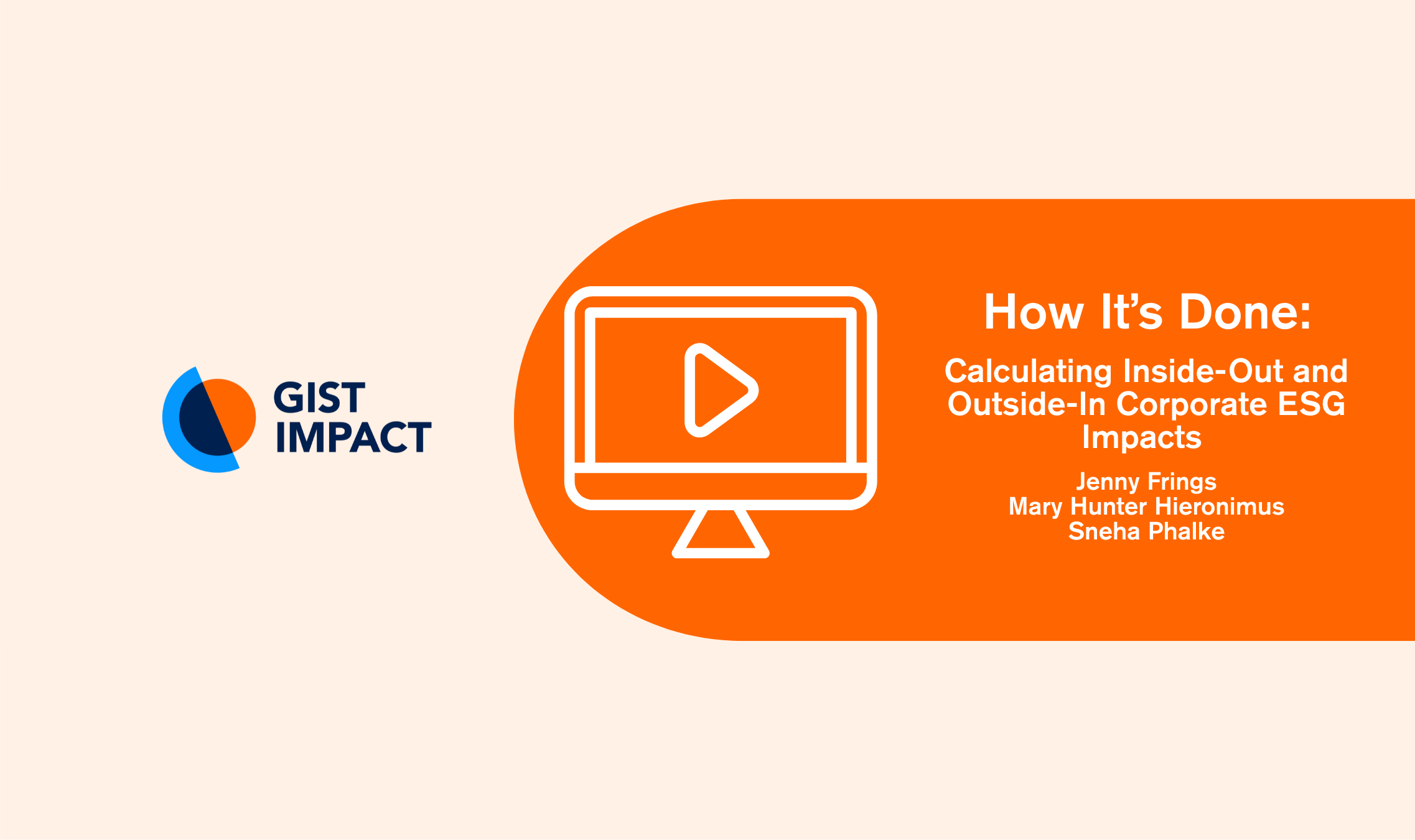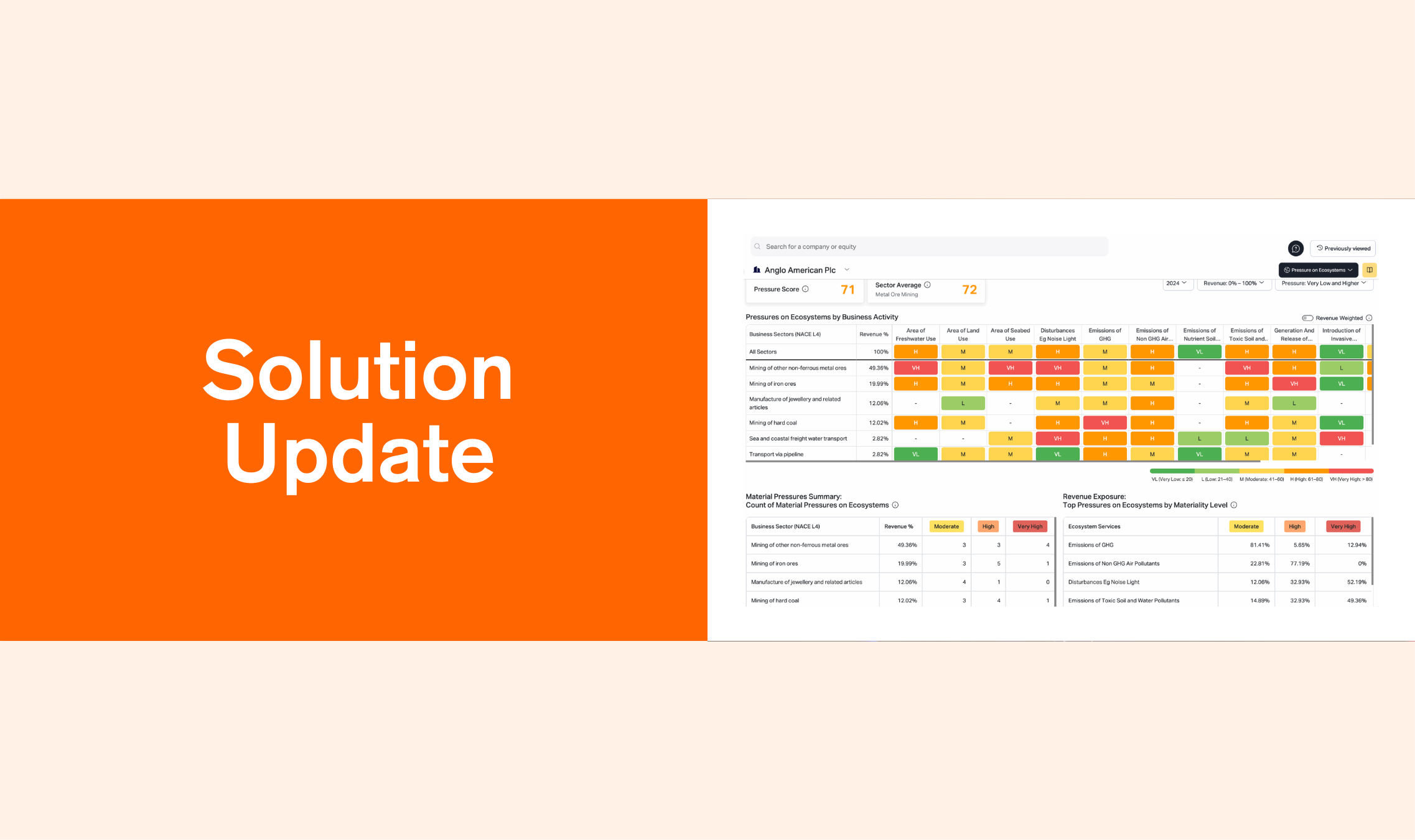CLIENTS AND PARTNERS
























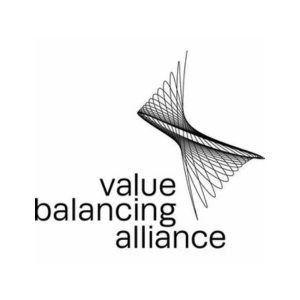


How We Do It
Where global coverage meets local precision.
companies covered from 2016 onwards
assets classified into 105 types
methodologies powering granular insights
with AI and machine learning
from single assets to entire portfolios
capabilities for complex and private entities
with operational, upstream and downstream data
via data feeds, API and user-friendly web apps
Our Solutions
Impact Intelligence
Nature and Biodiversity
Locate, evaluate and assess your nature-related dependencies, impacts, risks and opportunities.
Climate
Risk
Quantify your exposure to the effects of climate change and societal adaptation.
Social
Impact
Showcase the wider value created through your investment into programmes, projects and initiatives.
Double
Materiality
Understand the most important issues in the relationship between your business and the wider world.
Impacts,
Risks and Opportunities
Refine your business strategy with actionable insights woven from a matrix of quantitative and qualitative data.
Impact
Accounting
Translate sustainability performance into the shared language of financial reporting.
Standards and Regulations












Data Foundations
Corporate
ESG Data
Essential quantitative and qualitative sustainability data with full drill-down to source.
Supply Chain ESG Data
Upstream and downstream data with full drill-down to source.
Business Asset Data
Map the full network of business operations, worldwide.
Data
Collection
Standalone tools for accurate data collection at speed and at scale.
Data
Estimation
Standalone tools for filling data gaps using the latest advances in AI and ML.
Data
Validation
Standalone tools to turn data errors into a thing of the past.
Testimonials

Bringing GIST Impact datasets onto the TMX ESG Data Hub means our clients have access to comprehensive and market-leading sustainability, impact and biodiversity data.



Together, we’re paving the way for businesses to measure the transformative power of apprenticeships not just in skills – but in local economic and social impact.

Through this partnership, our partners can now measure and articulate this social impact in a meaningful way.

Our relationship with GIST Impact over the last four years has helped us with a good foundation in assessing and understanding the valuation and impacts of our natural capital; this, in turn has supported our ability to communicate with diverse stakeholders, internally and externally.
The team at GIST Impact brings in a long track record of expertise in this space and is always forthcoming to support us with customized insights for our requirements.
Using GIST Impact's data-led approach for double materiality helped our clients leverage the scientific tools to evaluate what matters to businesses, provide a quantification of the non-financial impacts, and apply it beyond just the regulatory reporting needs.

We look forward to partnering on many more engagements.



This partnership is a significant step forward in our mission to provide companies with a comprehensive CSRD solution—helping them navigate the entire reporting journey, from operationalizing double materiality assessments to audit readiness and XBRL tagging for regulatory submission. By integrating GIST’s intelligence and vast dataset, we can offer an EFRAG-aligned approach to double materiality, reducing both cost and complexity for companies striving to meet the CSRD and other global requirements.

Today’s younger, more purpose-driven generation are holding such organisations to a higher-standards and expect social impact to be at the core of their offering.
Together with GIST Impact, we aim to redefine how the sports industry perceives and harnesses its societal impact.

Awards and Recognitions

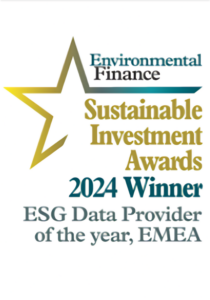
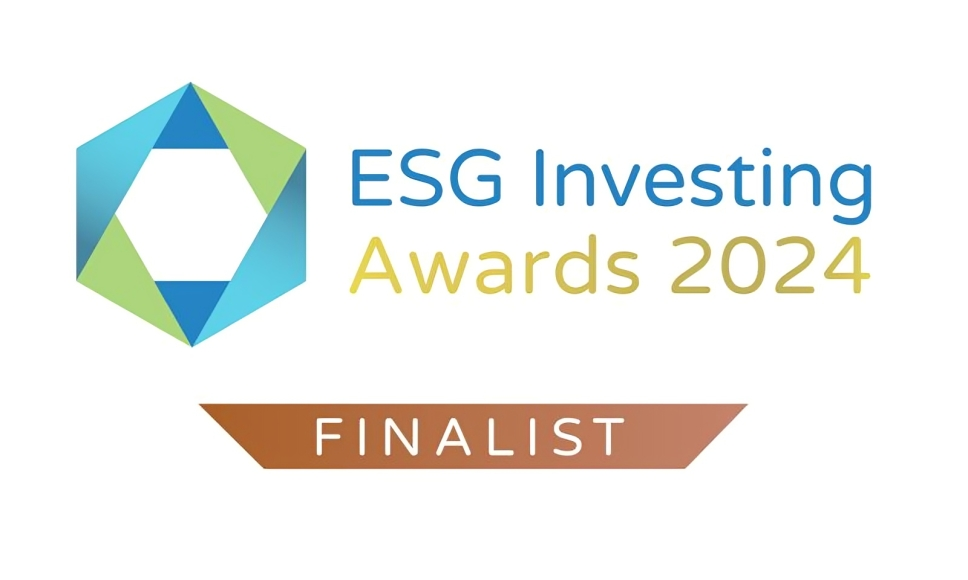
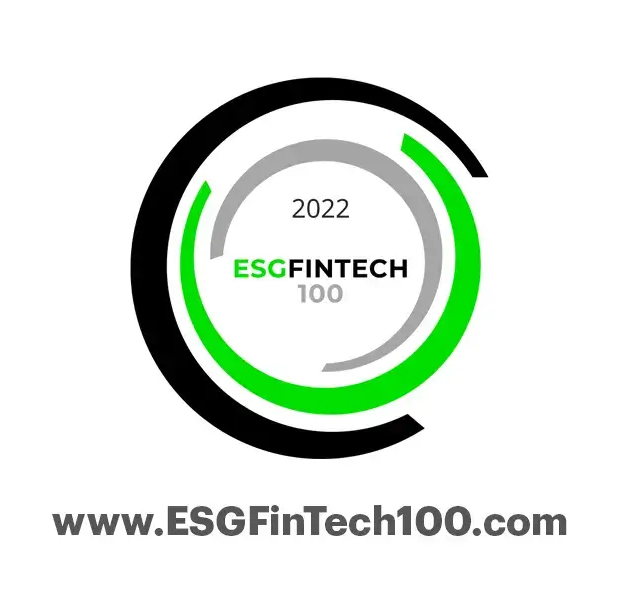

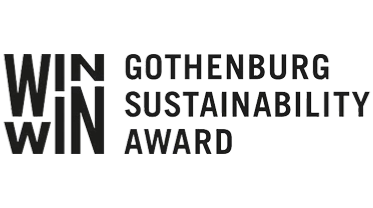


Join Us
Latest Insights
